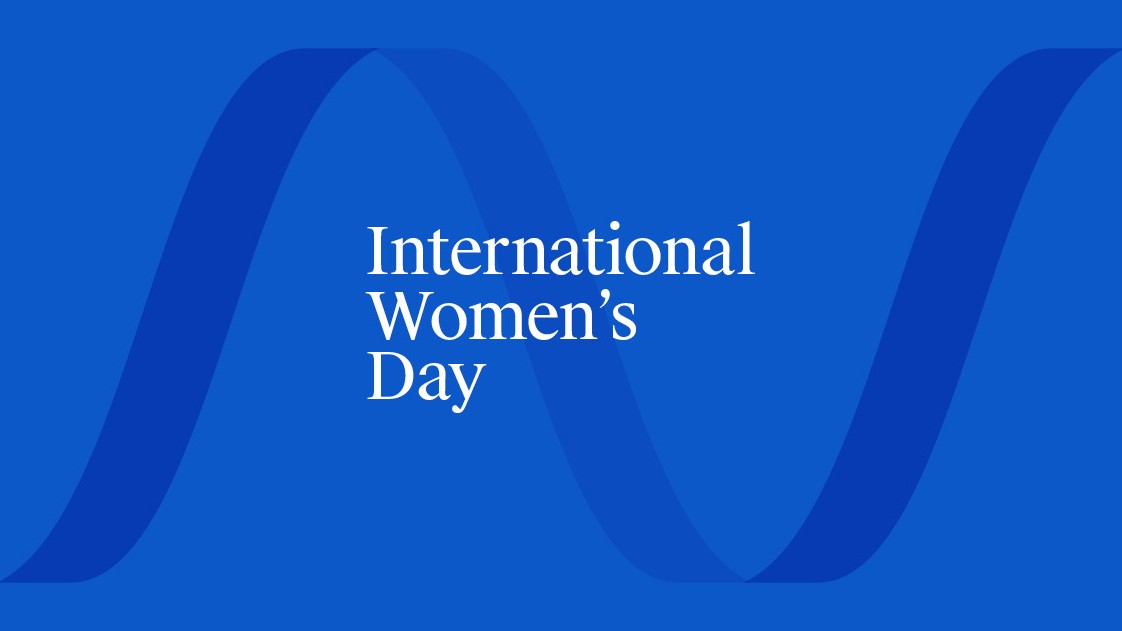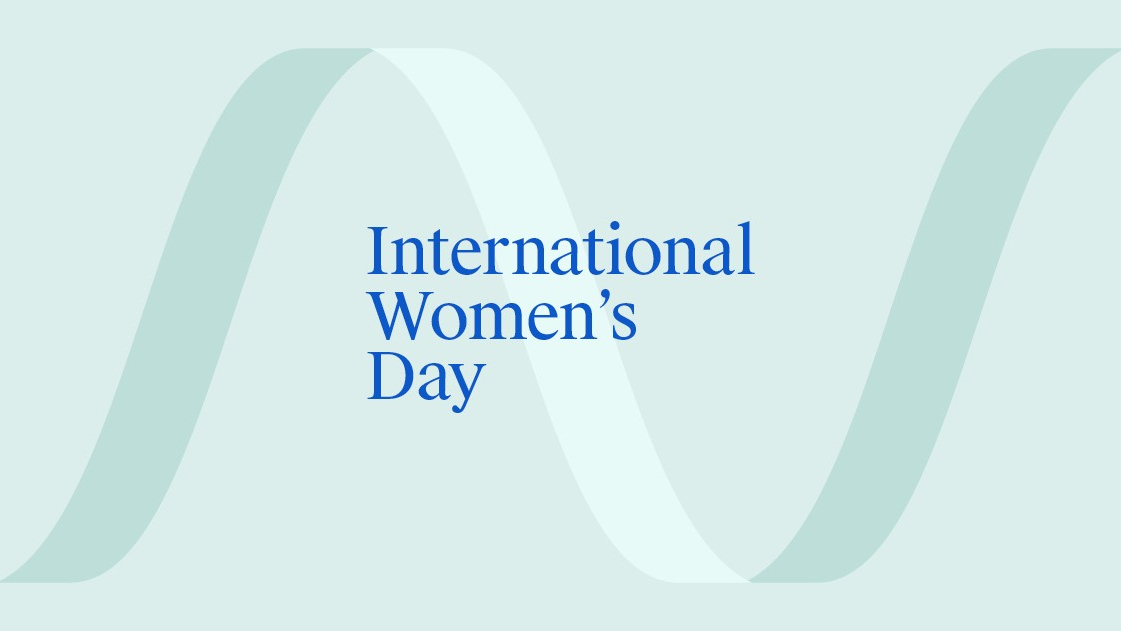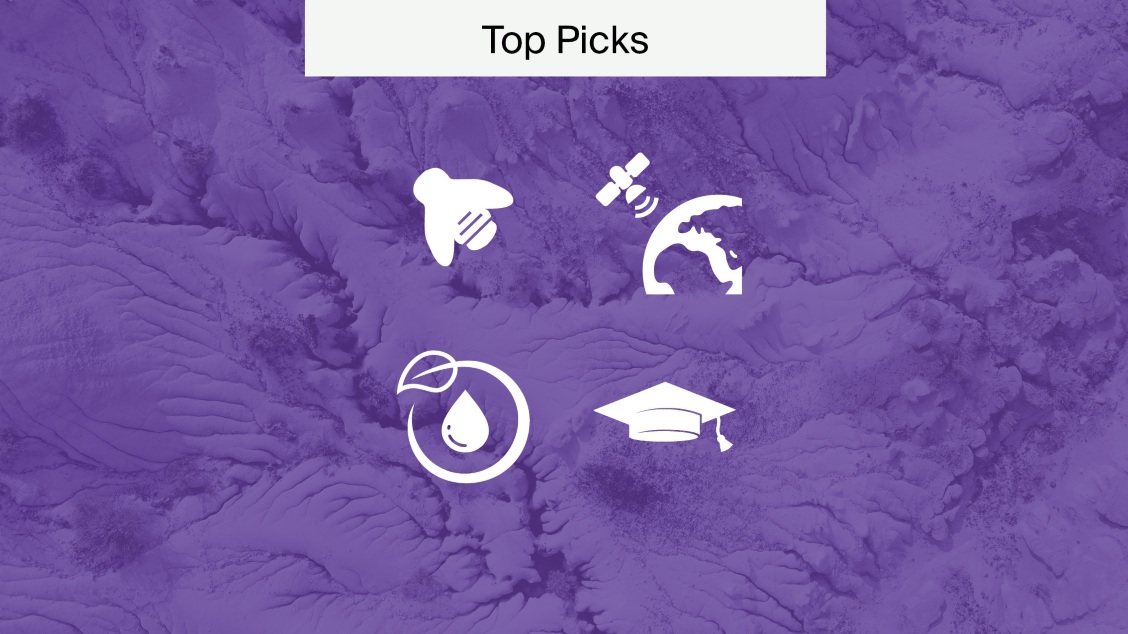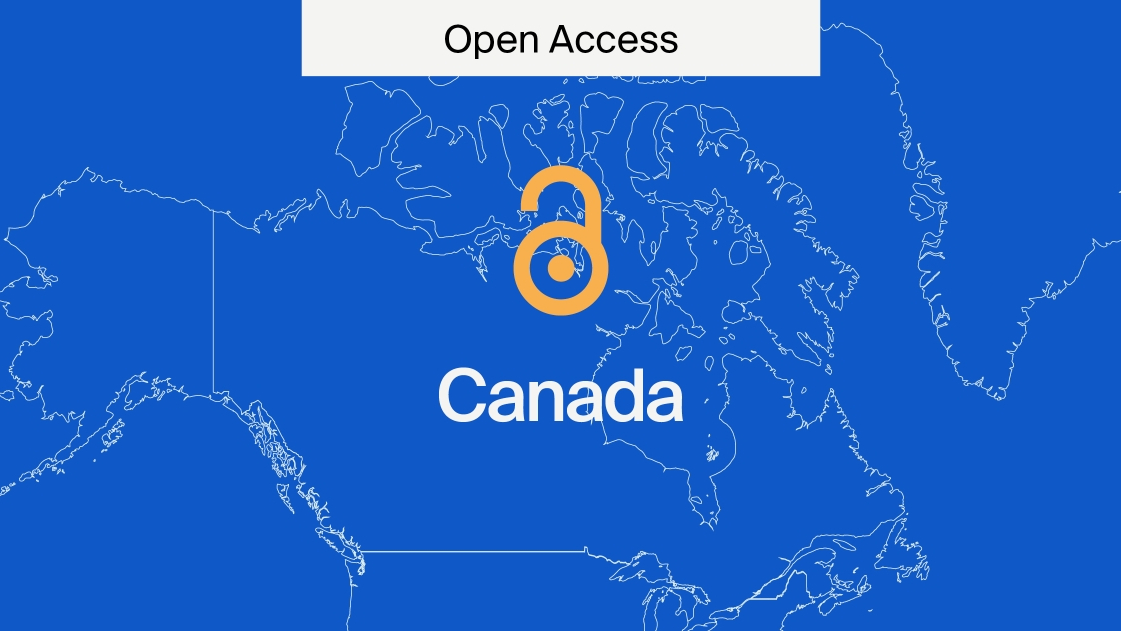
Ethical Responsibilities of Peer Reviewers
Peer reviewers serve as the gatekeepers of research integrity and quality in academic publishing. They are entrusted with the critical task of evaluating manuscripts, ensuring that the research meets the highest standards of rigor, relevance, and ethical conduct. This role comes with significant responsibility that influences the trustworthiness of not only the journal but the scientific literature as a whole.
This article explores the role and ethical responsibilities of peer reviewers. We also highlight some of the challenges reviewers face, providing tips on how to tackle them, and the benefits MDPI provides to reviewers.
What is the role of reviewers?
The role of the reviewer is vital as they bear the responsibility of ensuring that published articles are reliable and trustworthy. As part of the peer review process, a minimum of two independent experts will be invited to provide a detailed review report of the manuscript and a recommendation to the academic editor.
The main role of a reviewer is to help authors improve their research by providing constructive feedback. Potential weaknesses should be accompanied by suggestions on how to strengthen the work, ensuring completeness and soundness.
To help guide reviewers, publishers often provide guidance on writing a critical review, how to structure the report and general questions to consider while reviewing. Ultimately, the reviewer’s goal is not only to assess the work but also to foster a collaborative discussion, suggesting future directions for the work, or proposing key experiments that enhance the quality and impact.
Additionally, reviewers help editors make informed decisions about the manuscript’s suitability for publication, considering its originality and relevance. Therefore, it is important that reviewers are aware of the journal’s expectations and requirements.
Understanding the type of research a journal publishes will allow reviewers to better judge if the manuscript is within the scope of the journal and of interest to its readers. This also benefits the authors by ensuring their research reaches the correct audience, maximizing its impact.
Ethical responsibilities of reviewers
Before taking on the role of reviewer, it is important to understand the ethical expectations that each reviewer must adhere to as outlined by the Committee on Publication Ethics (COPE). This guideline provides information regarding the reviewer’s role and considerations while conducting a review and preparing the review report.
Confidentiality
The peer review process is based on trust and reviewers are expected to keep the content of the manuscript, abstract, and author identities confidential. This means that reviewers should not share the content of the manuscript with anyone else. This includes uploading the manuscript or parts of the manuscript on any third-party platforms or GenAI tools as this violates the confidentiality of the peer review policy.
Senior researchers may be inclined to share manuscripts under review with early career researchers they are mentoring. Training young researchers on how to perform a critical and comprehensive review is important, but permission must first be obtained from the journal. To ensure accountability and an accurate record, all names of reviewers must be recorded by the journal.
Reviewers must also avoid disclosing their identity to authors during the peer review process. They are, however, given the option to sign their review. This means that, at the end of the peer review process, their name will be disclosed to the authors. Reviewers should keep in mind that if a paper is published under the Open Peer Review model, their name as well as review report will be made publicly available if the manuscript is published.
Competing interests
The peer review process should be fair and unbiased; therefore, reviewers must declare any potential competing interests that may bias them for or against the paper or authors. Examples may include close relationships, rivalry or antipathy to any of the authors, academic links with the authors within the last 3 years, or financial gain/loss if the paper is published.
The role of the reviewer is to provide a critical and respectful evaluation of the work presented without being influenced by political, personal, religious, or ideological beliefs.
As soon as a reviewer identifies a competing interest that may influence their review, they should contact the journal and seek advice or ask to be removed. Reviewers should also contact the journal promptly if they discover they do not have the necessary expertise to complete the review. This practice avoids delays and ensures a robust peer review process.
Identifying ethics violations
Reviewers hold the joint responsibility with the journal and academic editor to evaluate the manuscript’s adherence to research and publication ethics.
For example, reviewers should check for ethical approval and unethical treatment when reviewing human or animal studies, analyze references for relevance or excessive self-citations by authors, examine figures and data for evidence of manipulation.
In cases where reviewers identify or suspect the presence of ethical violations, they should report them to the journal and academic editor and refrain from contacting the authors directly. Policies regarding publication ethics are available on the individual journal pages and Research and Publication Ethics page.
Reviewers must also follow the standards of publication ethics and not recommend citations of work by themselves, colleagues, or the journal when it is not necessary. If providing references, they must be relevant and improve the quality of the manuscript.
Timeliness
It is important to be considerate of authors and avoid delaying the peer review process. Declining invitations to review promptly allows editors to quickly invite a new scholar. In cases where reviewers need additional time to complete the review, informing the journal lets editors adjust their timeline and inform authors of the slight delay.
When declining an invitation, it is helpful to the editor if an alternative expert reviewer is suggested. This practice not only reduces delays but also ensures appropriate experts are invited to contribute to the peer review process.
MDPI reviewer benefits
Reviewing takes time and is often an unseen and unrewarded task. MDPI prioritizes the recognition of reviewers by providing several benefits:
- For every manuscript reviewed, the reviewer may receive a discount voucher code entitling them to a reduction in the article processing charge (APC) of a future submission to any MDPI journal.
- Reviewer voucher codes can be used to pay for Author Services professional English editing.
- Reviewers receive a personalized reviewer certificate and are eligible for the “Outstanding Reviewer Awards”.
- The reviewers are included in the journal’s annual acknowledgment of reviewers.
- Excellent reviewers may be invited to join the Reviewer Board Members (subject to approval by the Editor-in-Chief).
- Reviewers may create a profile on Web of Science Reviewer Recognition Service and have their reviewing activity automatically added for participating journals.
Reviewer challenges and tips
Below, we will address some of the frequently asked questions about being a reviewer, providing you with tips, suggestions, and resources.
How do I become a reviewer?
- Update your profile and ensure you are findable. For example, create an ORCID account or update your university profile page with relevant keywords that reflect your area of expertise.
- Apply to become a volunteer reviewer.
- Some journals have mentoring programs for early career researchers to get involved in reviewing manuscripts under the supervision of the editorial board.
What should I be checking as part of the peer review process?
- As mentioned above, publishers provide general guidelines to help reviewers complete their review in a thorough manner. Here, you can find general instructions regarding the review report as well as a list of general questions to keep in mind as you are reading the manuscript.
- Additionally, you can find more tips for writing and organizing your review report here.
I found an issue in the manuscript what should I do?
- If it pertains to a scientific or methodological flaw, include it in your review report. Ensure you maintain a neutral tone and avoid harshly critiquing the authors or using derogatory language.
- If the issue pertains to an ethical violation, refrain from contacting the authors and report it to the journal and academic editor.
Why was the invitation I received out of my area of expertise?
- Unfortunately, out of scope invitations do occur, but they can be avoided. Please inform the editorial office as soon as possible.
- Additionally, updating your list of keywords is a great way to ensure that you do not receive such invitations.
I rejected the manuscript; why was it published?
- The decision to accept or decline publication of a manuscript is ultimately made by the academic editor or editorial board member of the journal. They take into account the valuable input from all reviewers, the author’s responses, and relevance of the work to the journal.
- In some cases, the academic editor or editorial board members may consider that the strengths of the manuscripts outweigh the concerns raised and decide to publish the manuscript.
I cannot complete the review within the proposed timeframe.
- Reviewers can always contact the journal to ask for an extension or propose a new timeframe when accepting the review invitation.
- Journals and editors understand that scholars have many prior commitments and are happy to accommodate their busy schedule.
Why am I being asked to review a paper again?
- This occurs under specific circumstances. The paper may be a resubmission; therefore, as the previous reviewer, you are the most suitable expert to evaluate the progress the authors have made.
- The paper may be a new submission to a new journal. Check the journal carefully and ensure it is not a duplicate submission. If it is not, then consider first if you are perhaps biased towards the paper and cannot provide a second review in the new journal.
- The article may be undergoing a post-publication correction and the journal may therefore contact the previous reviewers to provide comments or clarifications. It is important to accommodate the journal’s request as correcting the scientific literature should be a priority for all those involved in the peer review process.
Become a reviewer for MDPI
If you are thinking about reviewing for an MDPI journal you can apply directly on the journal website. To learn more, visit our Guidelines for Reviewers page.










